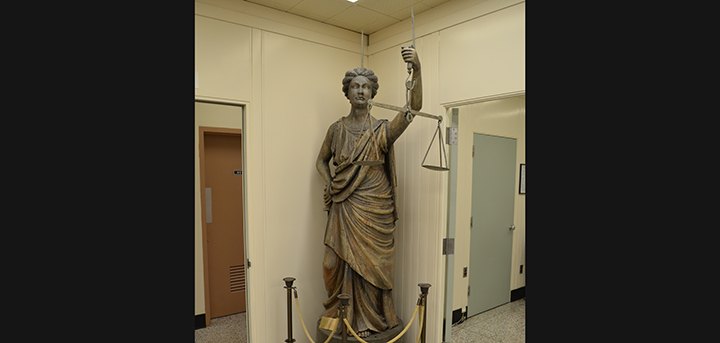Far be it from me
As you know, tax cuts are red meat to both sides of the political spectrum. They really should be less tasty than they are. If they were less tasty, if they attracted fewer attacks, we might think more clearly about our options.
Suppose I suggest we should cut taxes. Or not raise taxes. Or keep the Bush cuts from dying at the end of the year. Because if they die, we will get a big tax increase.
When I do that, some readers cry “Right on!” And some want to dispatch me to the hottest furnaces of Hell. (You would be surprised what people write to you when they disagree with your columns.)
All right. I understand why some people want to raise taxes on the rich. Or why they do not want big earners to get a tax break. And the subject is worth debating. But not today, thanks.
But, another reason why people do not want tax cuts is because they believe the cuts will lead to deeper deficits. They blame tax cuts for much of our deficit. They say, and write, that when Reagan engineered tax cuts we ended up with budget deficits. They say, and write, that when Bush II engineered tax cuts we ended up with budget deficits. Which leads them to say if we cut taxes or keep the tax cuts we will worsen our deficits.














Comments